Two months in and this project has taken on a life of its own… grown a pair of legs and is running away with itself with me clambering along behind it.
We’ve engaged our first cohort of volunteers, 30 oral history interviewers, from a range of hugely interesting and eclectic professional and student backgrounds. It has been truly encouraging and exciting just how enthused and energised people are about being involved with this project – I come away from almost every meeting with a volunteer with a new idea or recommendation of something that I should read or watch. The separate, niche subject areas of Japan, nuclear, war and peace have meant that aficionados of these themes have presented themselves with incredible passion and vast banks of knowledge. In addition to this, we are engaging local residents and some previous Bubble participants who want to contribute to their community and find this subject matter intriguing. I’m really looking forward to the volunteers meeting each other at our day-long oral history training on Saturday!
In turn, we’ve started to source our interviewees. We’ve had an overwhelmingly positive response from those who were involved in the Peace Movement between 1945 and 1963 including CND board members, Quakers and members of MEDACT (an organisation of British health professionals concerned with nuclear proliferation and other problems of a global nature). This raised the interesting question of what exactly is Bubble’s responsibility in terms of curating a level playing field for the project? Was it then our responsibility to put a special emphasis on sourcing and interviewing people in the ‘pro-nuclear’ camp? We immediately recognised this to be a problematic notion and not in the least by the intangible definition. Rather, we’ve started trying to track down and interview people who were involved in print media at the time so that we may explore their perspective of how the news of the nuclear bombs was disseminated to the
British public. In addition to this, our volunteer research team will have access to a full range of newspaper and other sources containing, hopefully, many different aspects and opinions and, therefore, reflect no particular bias as a whole.

I’ve also been attending community meetings and elders’ church lunches, meeting with care home activities coordinators and also sheltered housing wardens and, of course, the residents themselves to let them know about the project and offer them the opportunity to be interviewed. This way, we can explore a good cross-section of responses to the news of the atomic bomb as experienced by the “ordinary
person”.
The recording equipment has arrived and we will begin interviewing next week!
